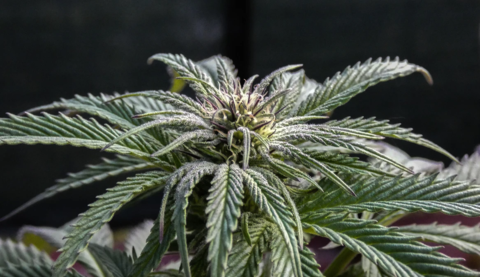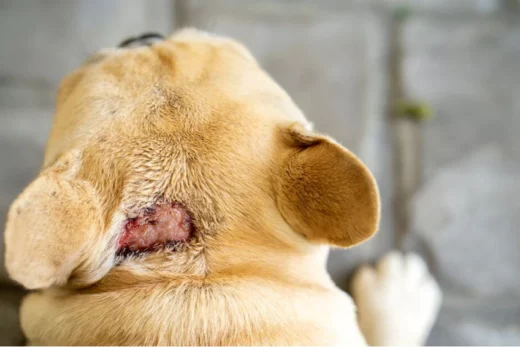
Imagine a system that has the potential to control impact memory, appetite, metabolism, stress response, immune system, nervous system, and sleep function. Further, imagine that this system is a relative newcomer to scientific research, meaning that its full potential is likely not unlocked. You don’t have to imagine; this is the endocannabinoid system (ECS).
Cannabis sativa products, known as hemp products, like cannabidiol acid (CBDA) and cannabidiol (CBD), have been reported throughout history for medicinal uses dating back to 2900 BC. Despite the rich history of medicinal use, the scientific literature surrounding the endocannabinoid system is relatively new. Our understanding continues to grow as key components of the ECS, and their biological mechanisms are identified. There are promising indications that CBD has an impact on canine cancer cell elimination.
Innovative studies to understand and build the evidence-based veterinary literature for cannabinoid efficacy are ongoing. Below, I will describe a study involving the effects of CBDA & CBD on canine cancer.
What’s The Difference Between CBD and CBDA?
First, before describing the study, here is the difference between CBD and CBDA and the definition of terpenes.
CBDA, or cannabidiol acid, is a compound that occurs in live hemp plants. Basically, it is the unheated form of cannabidiol (CBD). The plant makes the acid form (CBDA), which is decarboxylated by heat to form CBD. Neither CBD nor CBDA have an intoxicating effect on the brain and will not get you (or your pet) “high.”
Decarboxylation activates certain properties that are dormant in CBDA but also destroys some terpenes. Terpenes are bioactive aromatic compounds found in hemp plants that may offer health benefits. Research on CBDA is limited. However, there is evidence to suggest that CBDA can actually enhance the potency of CBD to improve a number of health conditions.
What is Known About CBD and Cancer?
In the past, cannabinoids have been studied for the treatment of side effects related to cancer therapies. However, more recent studies have explored CBD as a therapy alone or in conjunction with standard cancer therapies. Studies have demonstrated a reduction in the cell viability of glioma cell cultures treated with CBD. The use of hemp extracts in controlling cancer cell growth is complex and seems to be influenced by a confluence of terpenes and cannabinoids. These studies have primarily been in human cancer cell lines, and the study investigates canine cancer cell lines.
What Was the Goal of the Study?





